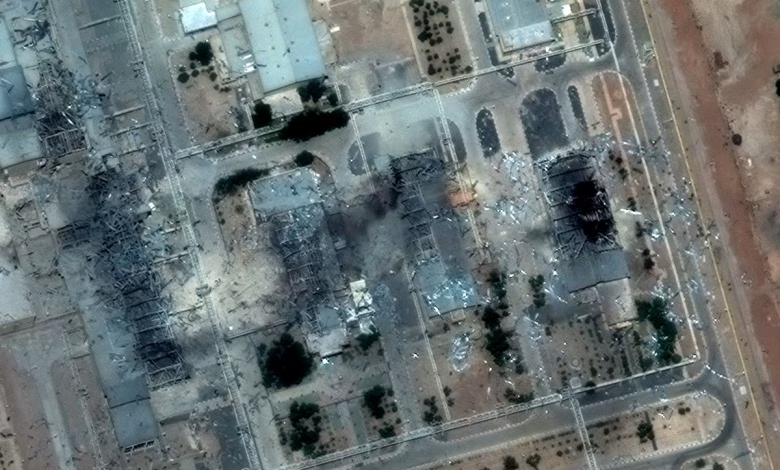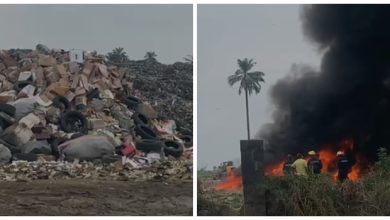Strikes Did Not Destroy Iran Nuclear Program – U.S. Intel

A classified preliminary assessment by the U.S. Defense Intelligence Agency (DIA) has reportedly concluded that the recent American military strikes on Iran inflicted only limited damage to Tehran’s nuclear infrastructure contradicting former President Donald Trump’s claims that the facilities were “completely destroyed.”
According to sources familiar with the intelligence findings, cited by major U.S. media outlets on Tuesday, the precision strikes conducted over the weekend managed to seal off entrances and disrupt operations at some nuclear sites but did not destroy Iran’s centrifuge systems or eliminate its stockpile of enriched uranium. Underground facilities, analysts noted, remained structurally intact.
The leak of the DIA report sparked political tension, with former President Trump blasting outlets such as CNN and The New York Times for “downplaying” the mission’s success. Posting in all caps on his Truth Social platform, Trump insisted, “THE NUCLEAR SITES IN IRAN ARE COMPLETELY DESTROYED!” — directly disputing the intelligence analysis.
Meanwhile, White House Press Secretary Karoline Leavitt acknowledged the authenticity of the DIA’s classified assessment but criticized its premature disclosure. “The document is top secret and still under review. Its leak is a deliberate effort to discredit the operation and undermine the former president,” Leavitt said.
The DIA report adds nuance to a politically charged narrative surrounding the strikes, with right-leaning media outlets touting a decisive blow to Iran’s nuclear ambitions, while others highlight the operation’s limited long-term impact.
Experts caution that while the strikes may have disrupted Iran’s program temporarily, they did not dismantle its ability to restart enrichment activities.
“It’s a tactical setback, not a strategic collapse,” said a former CIA analyst. “Iran has invested heavily in hardened, dispersed facilities that are not easily neutralized by conventional airstrikes.”
The fallout reflects a broader debate in Washington over military transparency, intelligence leaks, and political messaging in an election season where national security remains a flashpoint.





